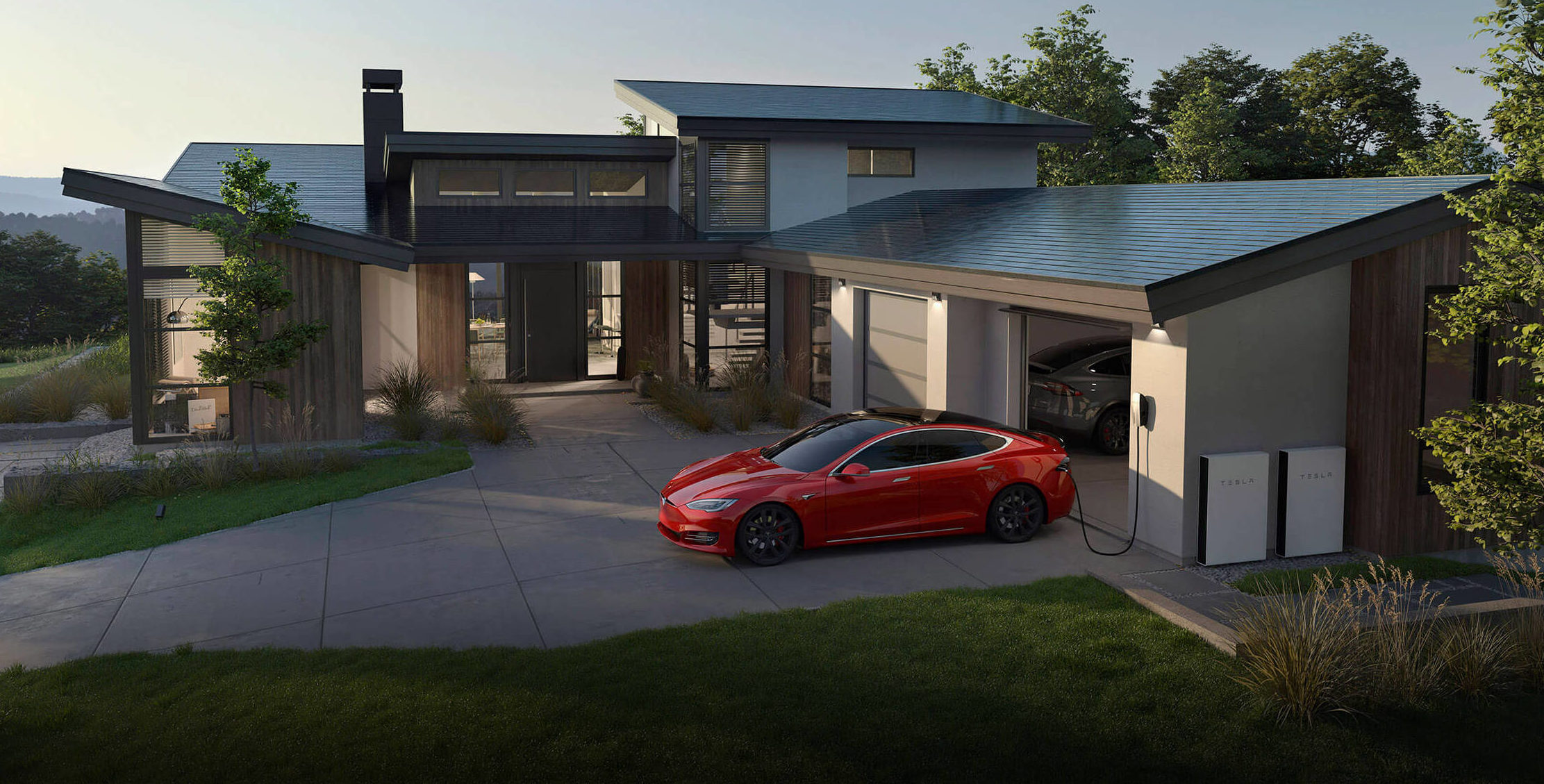
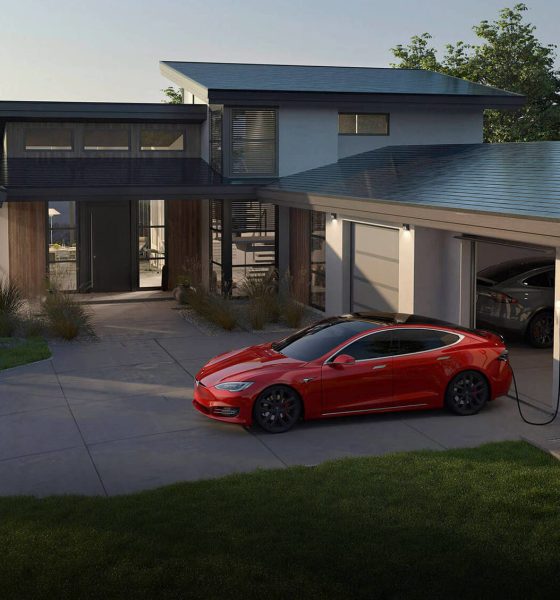
Energy
Tesla becomes world’s most valuable “automaker”, but the story goes well beyond cars
Tesla has officially become the world’s most valuable automaker, surpassing Toyota Motor Corporation on Wednesday morning. However, Tesla is much more than an automaker, and its success has a lot to do with its other sustainable projects.
Tesla now holds an over $185 billion market capitalization, meaning the total value of all of the automaker’s shares of stock is worth more than any other carmaker on Earth. Toyota now sits in second place, with its $178 billion market cap.
Interestingly enough, Tesla’s solidification as the most valuable carmaker is eye-opening simply because the company does so much more than build sustainable vehicles. Tesla has become a leader in energy storage and solar solutions, something that no other carmaker in the world can say. While car companies continue to chase after Tesla’s industry-leading efficiency and technology, its focus remains on accelerating sustainability as a whole, and not just through vehicle manufacturing.
https://twitter.com/ElonsWorld/status/1270712021357658114
At the time of writing, Tesla shares were trading a few dollars above the $1,000 per share mark. At that price, the market cap stands at $185.10 billion.
Tesla overtook German automaker Volkswagen for the second-most valuable carmaker label in February. Volkswagen currently sits in third with an $85.53 billion market cap.
TSLA stock has continued to rise amid rising production rates and sales figures in China, the world’s largest automotive market. However, developments in battery technology and rumors of an upcoming million-mile capable battery pack have helped the electric automaker’s stock price soar in the past months.
On the energy front, Tesla has ramped its Solar Roof to a 4 MW per week production rate. The company indicated in the Q1 2020 Update Letter that this is enough for 1,000 homes. The implementation of rental and subscription services has also helped the company’s solar initiatives be affordable for more people.
On the morning of June 10, TSLA stock officially crossed the $1,000 per share threshold for the first time after rumors of a production push of the company’s Semi circulated. The talks, which were confirmed by company CEO Elon Musk, indicated production volumes would no longer be limited. The Semi was geared for initial deliveries in 2021, but Musk has decided to ramp up the manufacturing of the company’s commercial vehicle.
Meanwhile, Model 3 continues to dominate in nearly every country it is available. The car was the best selling electric vehicle in China in May, selling over 11,000 units during the month. In the United States, the Model 3 was the most popular vehicle in California through the first quarter of 2020.
After Tesla managed to reopen its vehicle production facility in Fremont, California, following the COVID-19 pandemic, the company has ramped up production of the Model Y, which has become the company’s main focus for the coming months.
Tesla is also looking to increase its production rate by opening up a series of new manufacturing facilities across the globe. Not only will the company open a new U.S.-based factory in the Central United States. Tulsa, Oklahoma, and Austin, Texas, are the two finalists for the new factory, with a decision expected to be made within the coming months.
Additionally, the company’s foreign presence is being ramped up. Not only is Giga Shanghai’s Model Y facility, known as Phase 2A, coming along in a timely fashion, but Tesla’s construction crews also recently broke ground on Giga Berlin in Germany. Tesla plans to manufacture half-a-million vehicles a year in Germany, and rumors have even suggested another European production plant will be built somewhere in the United Kingdom.
Tesla is riding a wave of momentum that has taken it from a small, likely unsuccessful car startup that was plagued with issues in 2008, to the most valuable automaker in the world in 2020. Not only has Tesla established itself as the leader in American EV manufacturing, but the company has launched itself into an international powerhouse that has combined electric mobility with sustainable energy solutions to become an international sensation.

Energy
Tesla Powerwall distribution expands in Australia
Inventory is expected to arrive in late February and official sales are expected to start mid-March 2026.
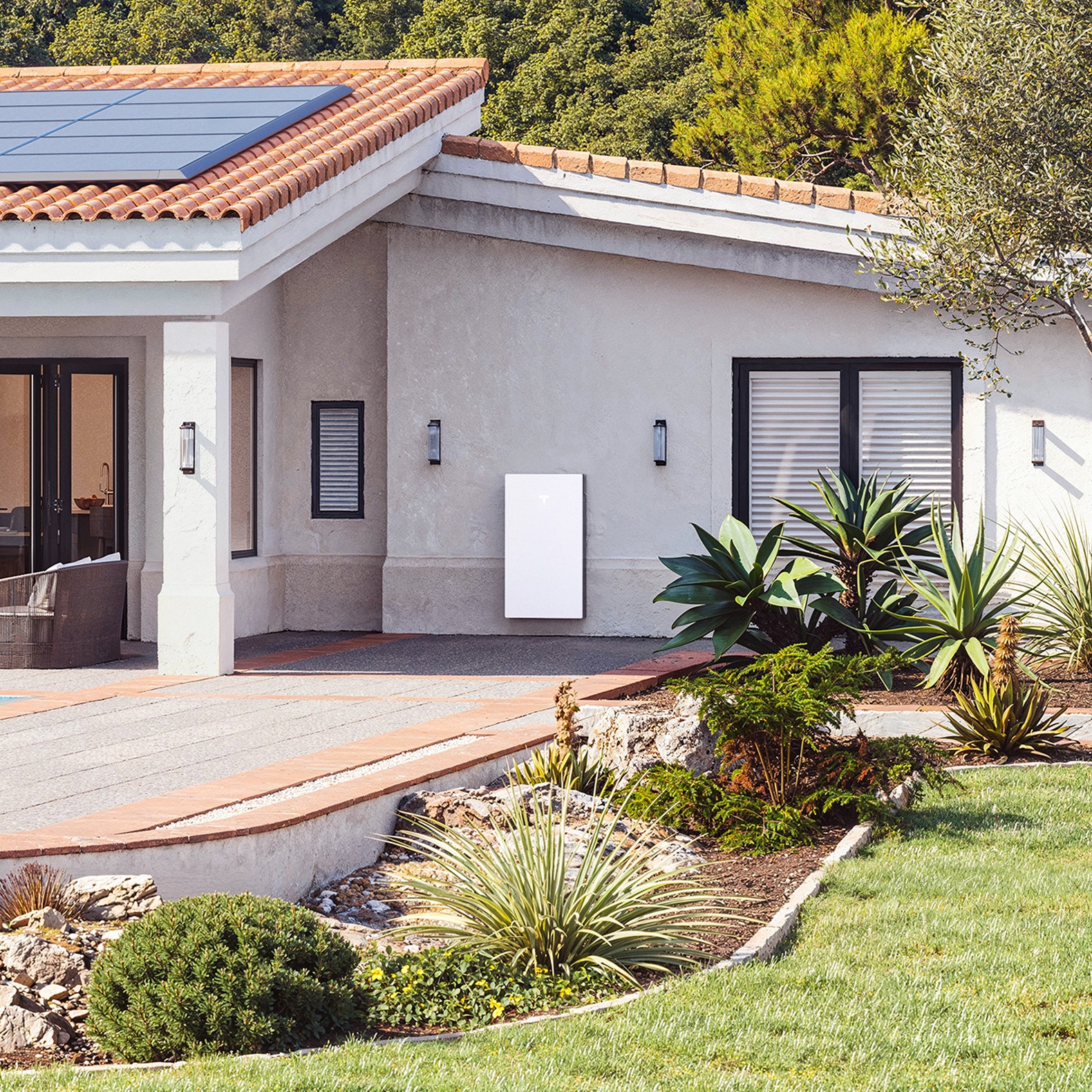
Supply Partners Group has secured a distribution agreement for the Tesla Powerwall in Australia, with inventory expected to arrive in late February and official sales beginning in mid-March 2026.
Under the new agreement, Supply Partners will distribute Tesla Powerwall units and related accessories across its national footprint, as noted in an ecogeneration report. The company said the addition strengthens its position as a distributor focused on premium, established brands.
“We are proud to officially welcome Tesla Powerwall into the Supply Partners portfolio,” Lliam Ricketts, Co-Founder and Director of Innovation at Supply Partners Group, stated.
“Tesla sets a high bar, and we’ve worked hard to earn the opportunity to represent a brand that customers actively ask for. This partnership reflects the strength of our logistics, technical services and customer experience, and it’s a win for installers who want premium options they can trust.”
Supply Partners noted that initial Tesla Powerwall stock will be warehoused locally before full commercial rollout in March. The distributor stated that the timing aligns with renewed growth momentum for the Powerwall, supported by competitive installer pricing, consumer rebates, and continued product and software updates.
“Powerwall is already a category-defining product, and what’s ahead makes it even more compelling,” Ricketts stated. “As pricing sharpens and capability expands, we see a clear runway for installers to confidently spec Powerwall for premium residential installs, backed by Supply Partners’ national distribution footprint and service model.”
Supply Partners noted that a joint go-to-market launch is planned, including Tesla-led training for its sales and technical teams to support installers during the home battery system’s domestic rollout.
Energy
Tesla Megapack Megafactory in Texas advances with major property sale
Stream Realty Partners announced the sale of Buildings 9 and 10 at the Empire West industrial park, which total 1,655,523 square feet.
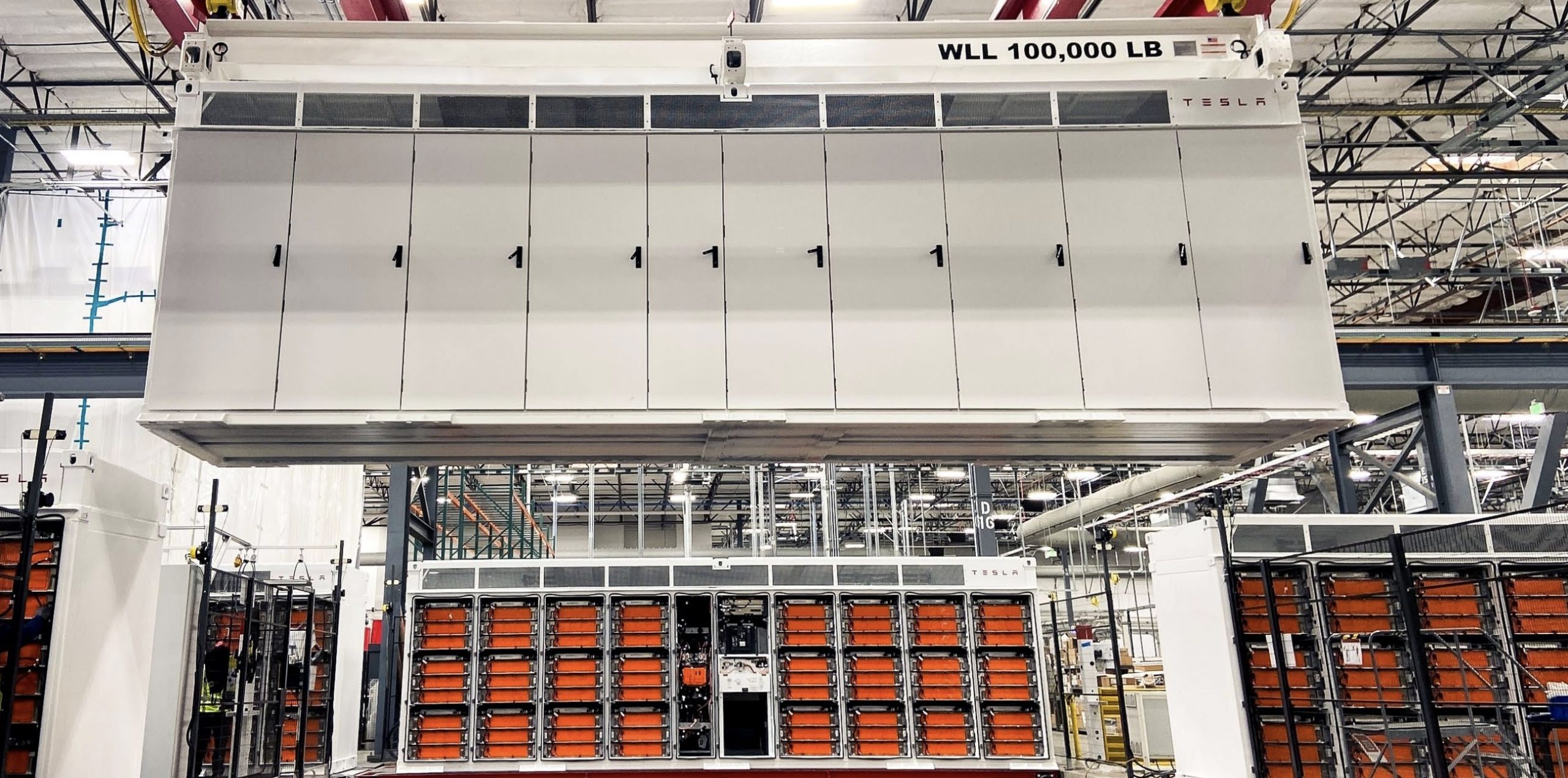
Tesla’s planned Megapack factory in Brookshire, Texas has taken a significant step forward, as two massive industrial buildings fully leased to the company were sold to an institutional investor.
In a press release, Stream Realty Partners announced the sale of Buildings 9 and 10 at the Empire West industrial park, which total 1,655,523 square feet. The properties are 100% leased to Tesla under a long-term agreement and were acquired by BGO on behalf of an institutional investor.
The two facilities, located at 100 Empire Boulevard in Brookshire, Texas, will serve as Tesla’s new Megafactory dedicated to manufacturing Megapack battery systems.
According to local filings previously reported, Tesla plans to invest nearly $200 million into the site. The investment includes approximately $44 million in facility upgrades such as electrical, utility, and HVAC improvements, along with roughly $150 million in manufacturing equipment.
Building 9, spanning roughly 1 million square feet, will function as the primary manufacturing floor where Megapacks are assembled. Building 10, covering approximately 600,000 square feet, will be dedicated to warehousing and logistics operations, supporting storage and distribution of completed battery systems.
Waller County Commissioners have approved a 10-year tax abatement agreement with Tesla, offering up to a 60% property-tax reduction if the company meets hiring and investment targets. Tesla has committed to employing at least 375 people by the end of 2026, increasing to 1,500 by the end of 2028, as noted in an Austin County News Online report.
The Brookshire Megafactory will complement Tesla’s Lathrop Megafactory in California and expand U.S. production capacity for the utility-scale energy storage unit. Megapacks are designed to support grid stabilization and renewable-energy integration, a segment that has become one of Tesla’s fastest-growing businesses.
Energy
Tesla meets Giga New York’s Buffalo job target amid political pressures
Giga New York reported more than 3,460 statewide jobs at the end of 2025, meeting the benchmark tied to its dollar-a-year lease.
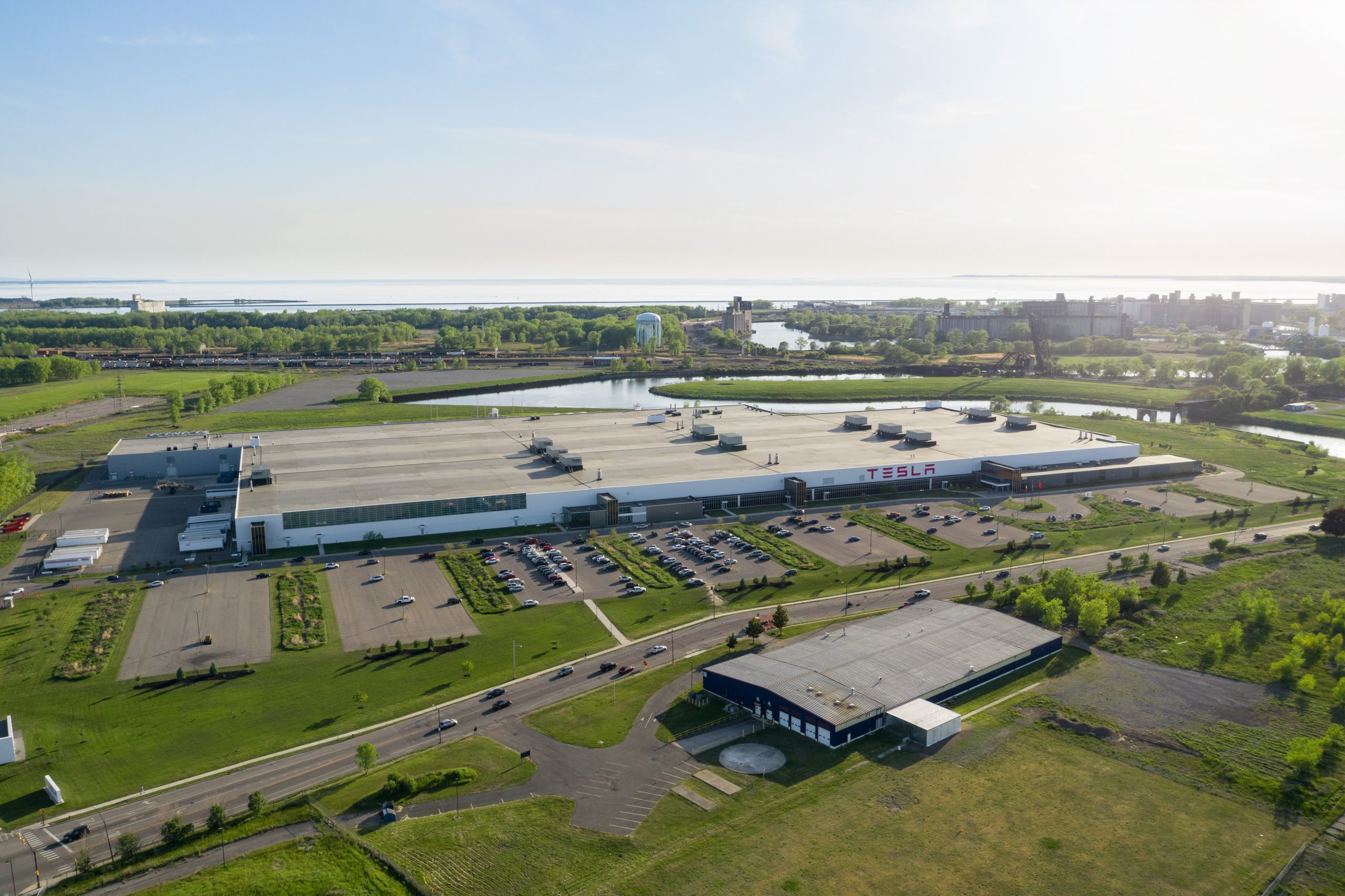
Tesla has surpassed its job commitments at Giga New York in Buffalo, easing pressure from lawmakers who threatened the company with fines, subsidy clawbacks, and dealership license revocations last year.
The company reported more than 3,460 statewide jobs at the end of 2025, meeting the benchmark tied to its dollar-a-year lease at the state-built facility.
As per an employment report reviewed by local media, Tesla employed 2,399 full-time workers at Gigafactory New York and 1,060 additional employees across the state at the end of 2025. Part-time roles pushed the total headcount of Tesla’s New York staff above the 3,460-job target.
The gains stemmed in part from a new Long Island service center, a Buffalo warehouse, and additional showrooms in White Plains and Staten Island. Tesla also said it has invested $350 million in supercomputing infrastructure at the site and has begun manufacturing solar panels.
Empire State Development CEO Hope Knight said the agency was “very happy” with Giga New York’s progress, as noted in a WXXI report. The current lease runs through 2029, and negotiations over updated terms have included potential adjustments to job requirements and future rent payments.
Some lawmakers remain skeptical, however. Assemblymember Pat Burke questioned whether the reported job figures have been fully verified. State Sen. Patricia Fahy has also continued to sponsor legislation that would revoke Tesla’s company-owned dealership licenses in New York. John Kaehny of Reinvent Albany has argued that the project has not delivered the manufacturing impact originally promised as well.
Knight, for her part, maintained that Empire State Development has been making the best of a difficult situation.
“(Empire State Development) has tried to make the best of a very difficult situation. There hasn’t been another use that has come forward that would replace this one, and so to the extent that we’re in this place, the fact that 2,000 families at (Giga New York) are being supported through the activity of this employer. It’s the best that we can have happen,” the CEO noted.








